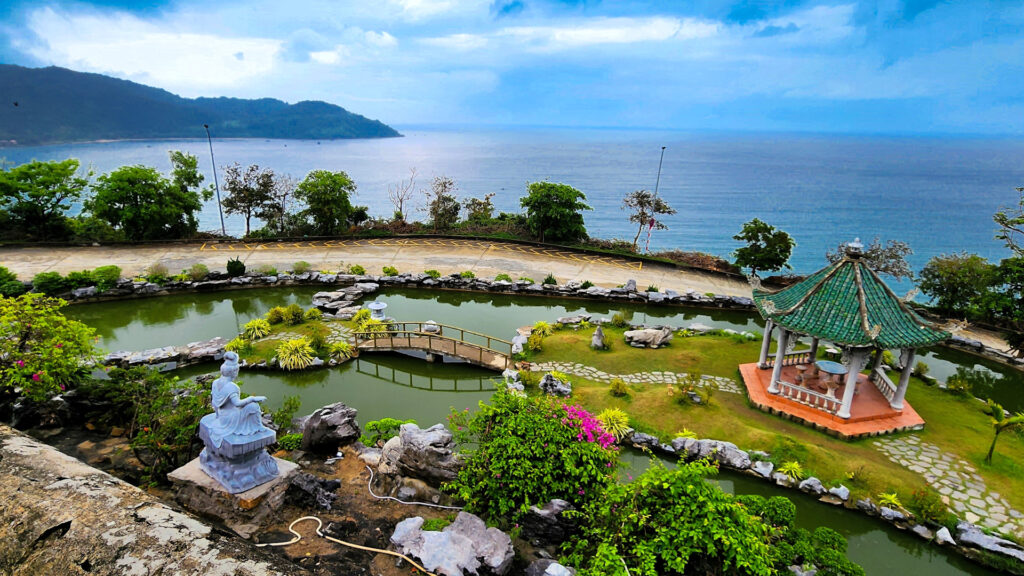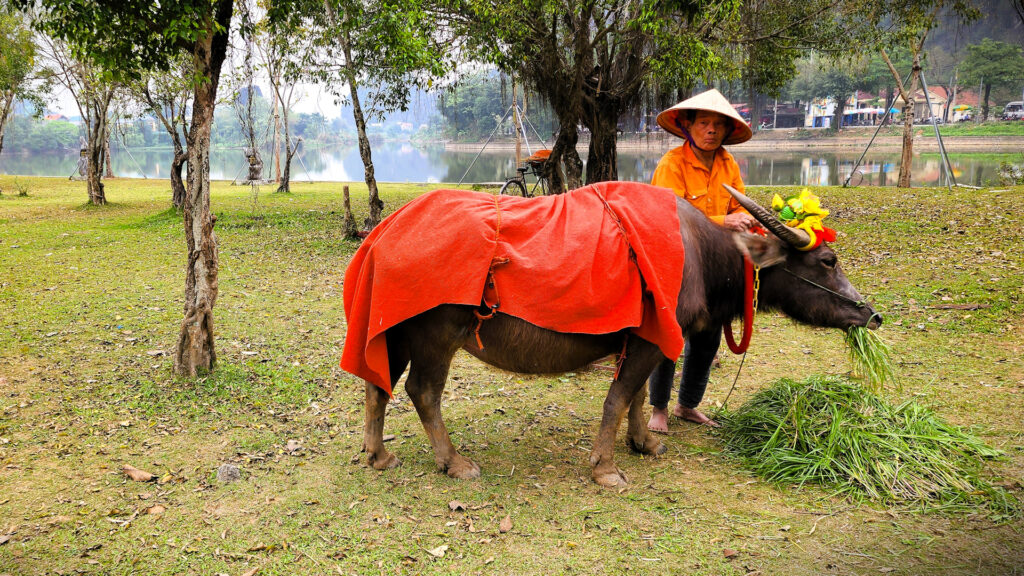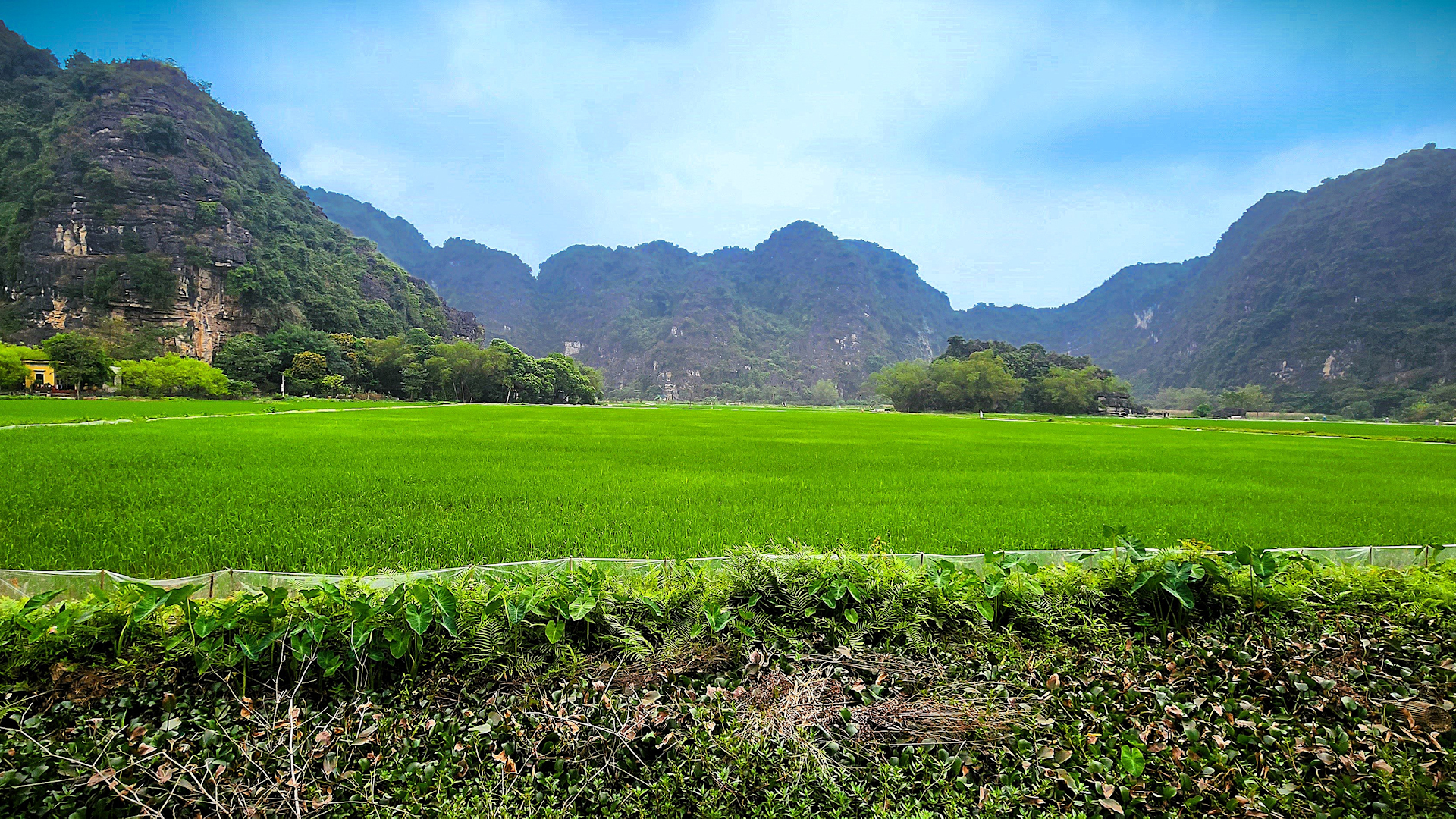Do the Vietnamese Tip for Restaurants, Taxis, and Services?
As a traveler, it’s always good planning to research how monetary transactions take place within your destination. You might wonder: do people tip in Vietnam? And if so, how much do you tip in Vietnam as a visitor?
In some countries, tipping isn’t required or traditional, so you don’t need to worry about calculating some amount after you eat, get out of a taxi, or are rendered some type of service.
And if you’re an American where tipping is everything everywhere all the time (isn’t it getting a bit much these days?), you might automatically assume that tipping simply varies from country to country.
Some countries might tip a lot, but other countries might tip nothing. However, in Vietnam, it’s actually sort of in the middle.
Tipping isn’t absolutely required in Vietnam, but it’s a nice gesture that almost anyone will appreciate. If you’re an American traveling to Vietnam or you’re coming from a country where tips are common, here’s the information you need to tip appropriately during your travels.
(note: some of the links here are to websites with which I am an affiliate, and your purchases help fund my website!)

Carrying Cash & Figuring Out the Exchange Rate from Your Home Country to Vietnam
In some countries, you’ll have the opportunity to use your home currency even though the money used in that country is a totally different denomination. For example, Cambodians will take U.S. dollars when you tip them and generally won’t mind that the money isn’t in the local currency.
However, in Vietnam, nobody uses anything except for Vietnamese dong, or in some cases, credit cards. When it comes to tipping, you’ll virtually always tip in cash, which means you’ll need some local currency on hand.
Remember that you’ll need this local currency even if you’ve already paid for all of your Vietnam tours and activities in advance and you’re confident that everywhere you plan to go will take credit cards. Vietnam is a country where it’s pretty important to carry some cash around.
With that in mind, you’ll need to figure out the exchange rate from your home currency to Vietnam’s money, so you don’t have to think too hard about how much to tip after a meal, taxi ride, or other activity where you believe tipping is a good idea.
If we take American dollars as an example, one U.S. Dollar is equal to about 25,000 Vietnamese dong (as I write this anyway). So, 100,000 dong is between $4 and $5, depending on the day you perform a currency exchange.
However, you’ll see many smaller notes in Vietnam that range from 1,000 to 100,000 in familiar increments like 5,000 and 10,000. Understanding how much these values are in your home currency can help you figure out whether you’re tipping at a good rate.

How Much to Tip in Vietnam?
We’ve established that tipping isn’t required in Vietnam, but you’ll likely never run into anyone who will refuse a tip should you decide to offer one.
With your knowledge of how much your home currency compares to the Vietnamese dong, you should have a pretty good idea about how much you’re tipping someone when you hand over a particular piece of currency.
(note that the Vietnamese don’t use change, so all you’ll need to carry are paper notes and your credit card)
In many cases, tipping about 10 percent is fine as a thank you for service at an establishment like a restaurant. You may want to increase the tip percentage to 15 or 20 percent if the service is particularly good.
Since I booked a lot of tours and activities for our travels through Vietnam, I always kept some cash on hand to tip our guides, as well as the drivers
(sometimes the driver and guide were one and the same, but most of the time we had a driver and a separate tour guide).
In most cases, I tipped between 50,000 and 100,000 VND for meals (that’s about $2 to $4 in USD), but I did leave more for one particular place in central Vietnam where the food was so good I would go all the way back across the ocean just to eat there again.
For our tour guides and particularly the guides who were with us for at least half a day, I tipped around the equivalent of $10 USD. I also gave a woman who rowed us through some caverns and rivers the equivalent of $20 because she was a rock star.

Should You Tip Housekeeping Staff and Hotel Workers?
Tipping is everywhere in the United States, so I’m used to tipping on all sorts of purchases, including my hotel stays. It’s common for Americans to tip housekeeping staff after a stay by leaving money on one of the bedside tables.
You can also adopt this practice in Vietnam, with the method depending on the establishment you visit. When we stayed in Hanoi, we were in a traditional hotel (with an AMAZING breakfast – do go if you’re in Hanoi!), and we left money on the dresser on our day of departure.
However, the establishment we stayed in when we visited Hoi An was more of a homestay, and we interacted with the proprietors, who were also the people who would care for the room. We tipped them directly on our departure day when we settled up for the room.
When we flew over the border to Cambodia to visit Siem Reap, we also tipped the housekeeping staff at our hotel by leaving money on the table on our departure day. Everyone in the hospitality industry that we interacted with in Southeast Asia was lovely, so it was easy to tip generously.

Don’t Feel Obligated to Tip for Everything in Vietnam
As stated above, tipping in Vietnam is not necessary, but it’s always something nice you can do for anyone who provides you with a service while you’re traveling.
However, you shouldn’t feel obligated to tip at absolutely every moment. As an American, I’m very used to seeing a tip screen on just about every transaction I complete (these days, anyway), and I know that tipping people like restaurant workers is all but necessary due to the wages here.
But if you’re from a country that doesn’t regularly tip, or you’re trying to save every ounce of money you can on your Vietnam itinerary, you can choose not to tip for most services.
Sure, it’s nice to give the taxi driver a little extra money at the end of the journey, but don’t feel pressured to give more than you can. If all you have is a few thousand extra dong, don’t feel bad that you can’t tip more.
On the other hand, if you appreciate the service that was provided to you and feel your vacation was better for it, do consider a tip, even if it’s small, as a thank you. You don’t need to tip all the time everywhere at every moment, but it is something to keep aware of during your Vietnam journey.





